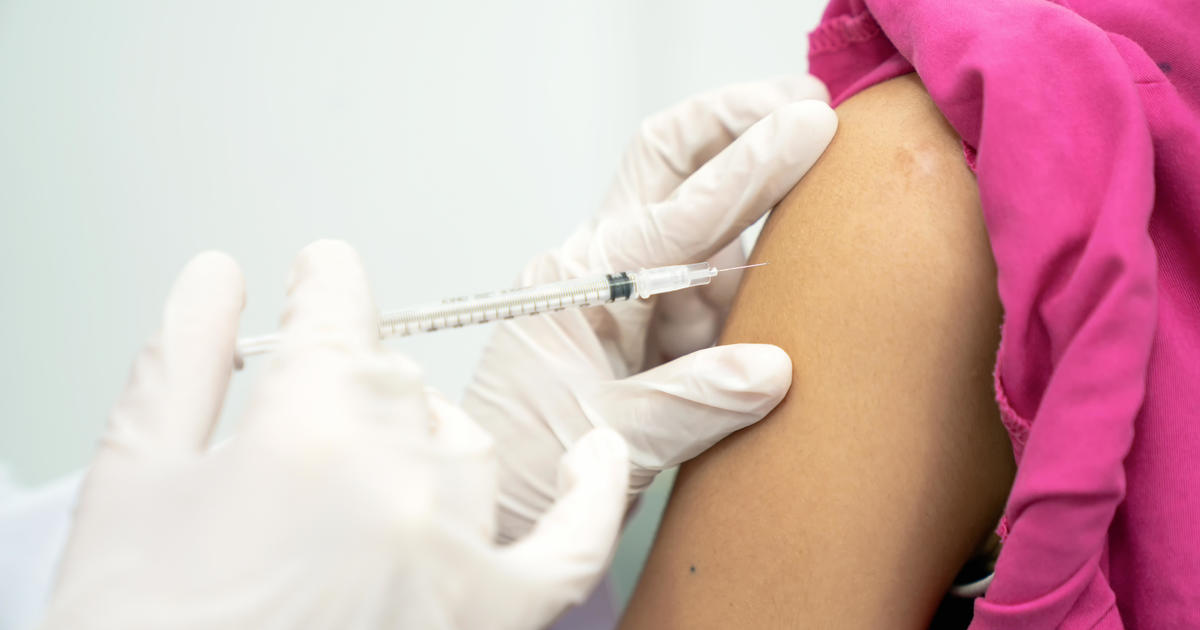
Even like the COVID-19 pandemic surges in all of the United States, the number of people suffering from influenza reaches record lows. Experts say this is partly due to higher vaccination rates during the pandemic.
In 2020, a record number of doses of influenza vaccine are produced and distributed to try to prevent a “twindèmic“According to the Centers for Disease Control and Prevention (CDC), more than 190.4 million flu vaccines have been distributed in the United States this season, the highest number of flu doses distributed in the United States in a single flu season.
Influenza vaccination among adults increased by 46%, from 31.1 million in 2019 to 45.3 million on 28 November.
High vaccination rates, combined with facial masks, social distancing, school closures, home stay orders and the lack of international travel, have resulted in a record number of flu cases.
Seasonal flu activity in the United States remains lower than usual at this time of year, the CDC said, with 0.3% of samples testing positive in clinical labs last week.
Data from Walgreens, one of the largest suppliers of flu vaccines, confirmed that overall flu activity was low nationwide during the month of November, compared to normal flu seasons.
“The unprecedented demand we’ve seen for flu vaccines this season, along with the safety precautions everyone is taking to limit the spread of COVID-19, such as social distancing, the use of face masks and washing of hands frequently, may be helping to reduce flu activity this season, ”said Dr. Kevin Ban, medical director of Walgreens.
Hospitals across the United States are is approaching or is at its capacity, but lower rates of flu infection help avoid devastating pressures on the healthcare system. The resources normally used to manage the influx of flu cases in December can now be used to treat patients with COVID.
“Influenza vaccination is especially important this season, as vaccination can help preserve medical resources and reduce the overall burden of respiratory diseases on our health care system,” the CDC said.
A similar phenomenon occurred in the southern hemisphere (now past its winter), which barely experienced a flu season this year.
Experts still advise that it should not be too late to receive the flu vaccine this year, and it may be more important than ever, as cases of flu and COVID-19 are expected to increase after the holidays.